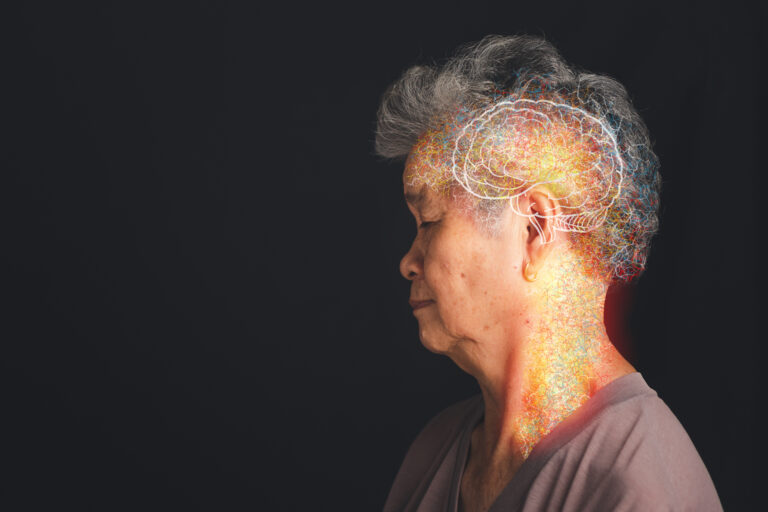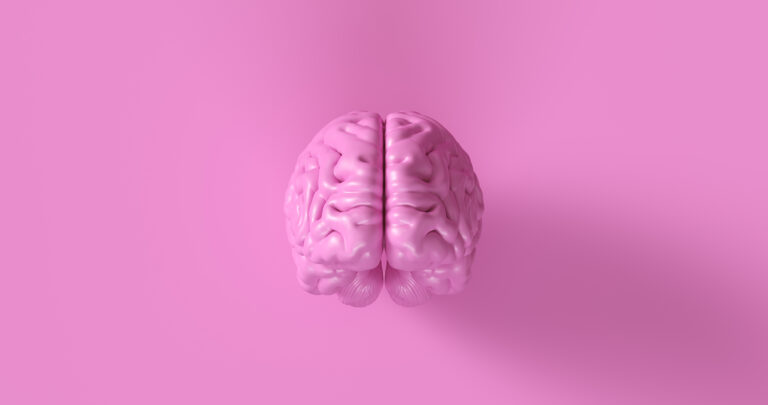Gently Redirecting Confused Thoughts in Dementia Patients
Caring for someone with dementia can be challenging, especially when they become confused or fixated on certain thoughts. Redirecting their attention in a gentle and compassionate manner is crucial for maintaining their comfort and well-being. Here are some strategies to help you guide them positively.
### Understanding the Need for Redirection
Individuals with dementia often experience confusion due to memory loss and changes in perception. This confusion can lead to distress and agitation. Redirection is a powerful tool that helps shift their focus away from distressing thoughts and toward more calming and engaging activities.
### Techniques for Effective Redirection
1. **Offer Simple Distractions**: Introduce a favorite activity, such as folding towels, listening to music, or looking at family photos. These simple tasks can shift their focus and ease distress.
2. **Engage Their Senses**: Use sensory experiences like aromatherapy, textured objects, or soothing music to gently guide their attention toward something calming.
3. **Frame It as a Choice**: If someone is agitated about their daily routine, try asking, “Would you like tea or juice?” Providing choices helps them feel more in control.
4. **Address Repetitive Behaviors**: Repetitive actions often stem from unmet needs or memory loss. Identifying triggers and using memory aids can help reduce frustration and provide reassurance.
### Creating a Supportive Environment
Establishing a consistent daily routine and maintaining a familiar environment can significantly reduce confusion and disorientation. Ensure that the living space is easy to navigate, with clear signage and familiar objects. This approach helps individuals with dementia feel secure and reduces the likelihood of agitation.
### Communicating Effectively
Clear and simple communication is essential. Use short sentences, speak slowly, and make eye contact. Allow extra time for processing information and responding. This approach minimizes misunderstandings and helps them understand instructions better.
### Encouraging Familiar Activities
Engaging in familiar activities provides mental stimulation and creates positive feelings, which can reduce disorientation. Encourage hobbies they enjoyed, such as gardening or art. These activities evoke memories and promote a sense of purpose.
### Practicing Patience and Empathy
Approach each situation with calmness and patience, validating their emotions and providing time for response. A compassionate approach builds trust and enhances their quality of life.
By using these strategies, you can gently redirect confused thoughts and create a more supportive and comforting environment for individuals with dementia. This approach not only improves their well-being but also fosters meaningful connections and promotes a sense of safety and calm.





